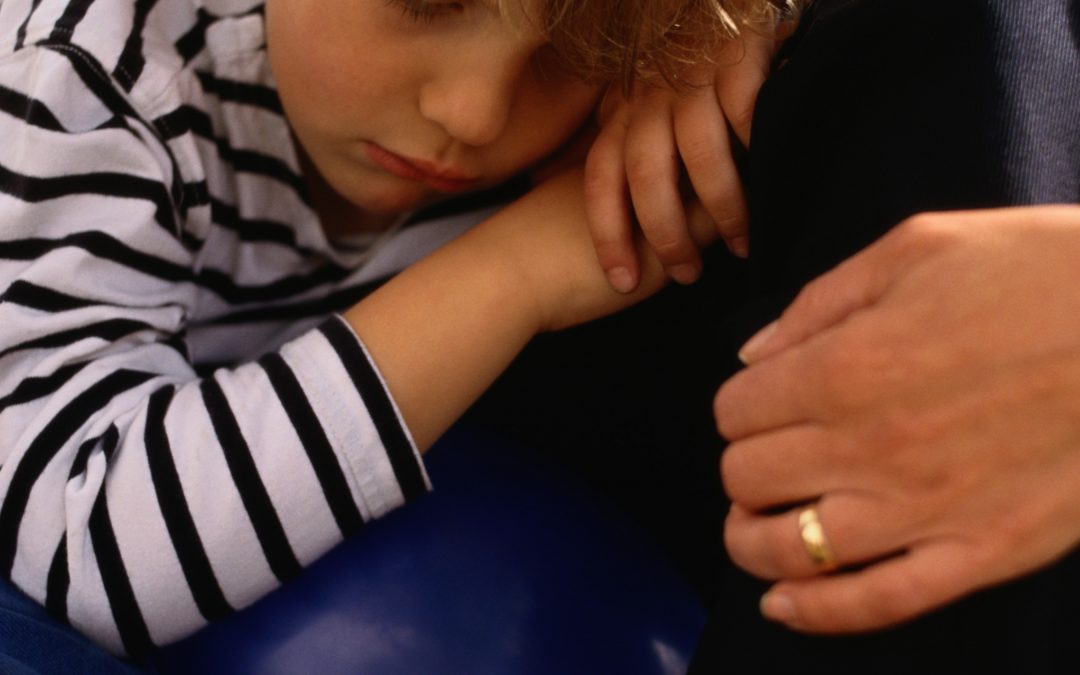I am no stranger to the stress that comes hand in hand with parenting a child on the autism spectrum. After 19 years of parenting my son, I’ve become better at knowing when stress has the upper hand and I need to take care of myself. This doesn’t mean that I manage to stay centered all the time, but at least I can see an improvement.
But stress can take over in less obvious ways. It can actually
affect the way I see things. I can be in the most familiar setting and suddenly feel alone, like it is me against the world.
Being in a public setting with my son tends to trigger that sense of isolation in a particularly powerful way.
A few years ago, I remember being with my then-teenage son at our synagogue, a Saturday ritual that is usually quite laid back and enjoyable for both of us. On this particular day however, the synagogue was unusually crowded because someone was invited from outside the community to give a talk.
After the speaker began, my son wanted to get some water from the water fountain in the adjoining room. I didn’t want to miss any part of what was being discussed. So I decided to let Noah get a drink by himself. I reasoned to myself “What’s the worst that could happen?”
But, when my son returned, he couldn’t find me in the crowded sanctuary. He had forgotten where I was sitting, and he ended up walking right in front of the speaker, all the while calling for me in a loud voice. The speaker stopped speaking for a moment. I stood up and waved Noah over to where I was sitting.
Thankfully, the speaker continued where he had left off, but I wanted to disappear into the floor. The synagogue suddenly felt like a place where my son and I didn’t really belong.
And that’s when a congregant turned to me. She must have seen the look on my face. “It’s ok,” she said smiling at me with great kindness, “It’s Noah. We love him.”
Now I don’t always get this response when Noah does something disruptive. There have been plenty of times when I have gotten a look from somebody that is full of judgment, or—even worse—pity. But this woman’s warmth helped me see a huge disconnect between how I was seeing things at that moment, and what I know to be true. The synagogue has always been a community where Noah and I feel very welcome. Why did I forget at that moment?
It turns out that there is actually a relationship between experiencing stress and feeling a sense of disconnection. When a part of our brain called the amygdala detects danger, it sends out signals that cause us to respond. We flee, we fight or we freeze. These are undoubtedly useful reactions if you are facing clear and present danger. The problem arises when the amygdala works overtime and sends out the danger signal when it isn’t needed. When this signal is activated, it overrides your capacity to think creatively, to absorb information, and, most importantly, to feel a sense of connection.
To put it more succinctly, when you don’t feel safe, you can’t connect. Even if you are sitting in a synagogue that has felt like a home to you for the last ten years. Stress can make me forget how much love and compassion is out there—both for Noah and for me.
It helps to make space for self-care, it helps to have a daily practice that includes gratitude for the support and nurturance available to you. I try to remember the face of that kind woman at synagogue, as well as countless others who love and believe in Noah—and in me.
It also helps to recognize that dealing with the impact of stress is a work in progress. I continue to learn ways to feel more centered, even when things seem overwhelming.
Recently, I revisited a poem written by David Whyte titled Everything is Waiting for You. It is a powerful reminder that the feeling of disconnection might seem real, but it isn’t the whole story:
Your great mistake is to act the drama
as if you were alone.
May you discover new sources of connection and nurture in the months to come.

